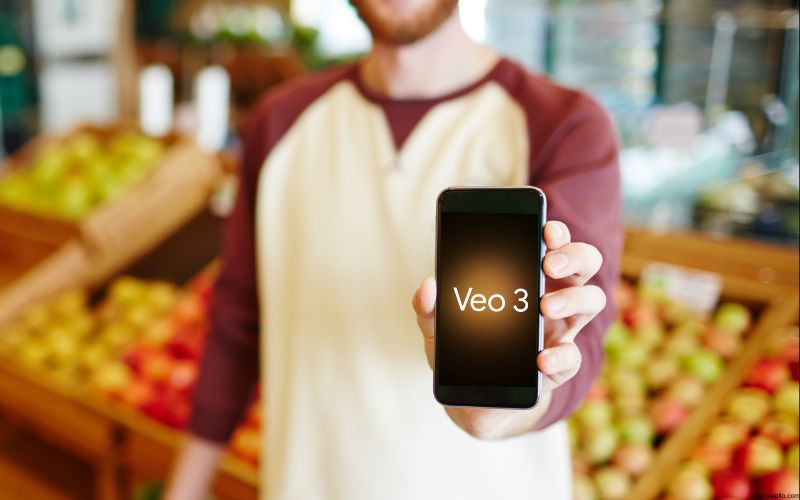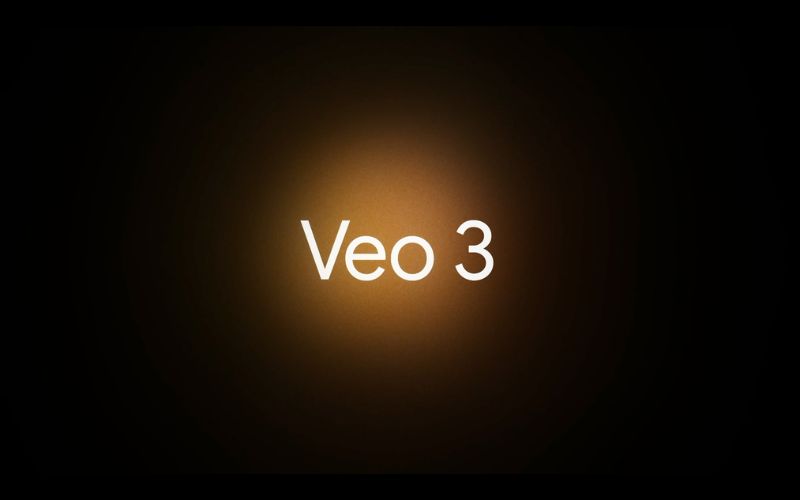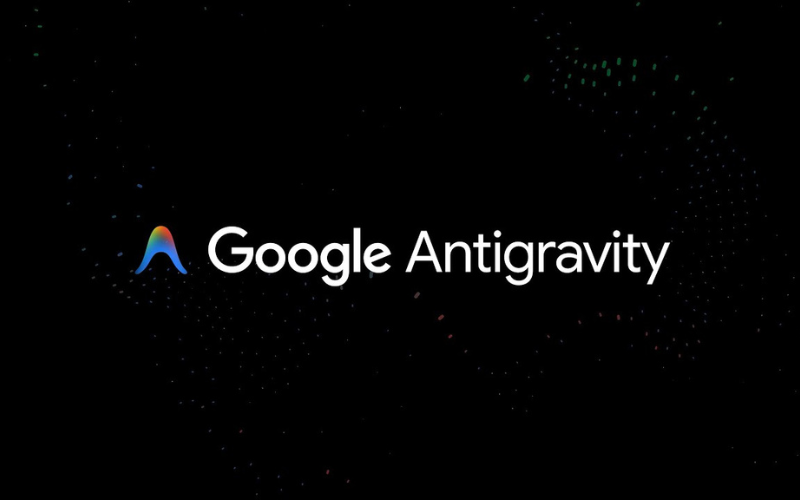In the world of digital marketing, product videos are no longer optional—they’re essential. But creating cinematic-quality video content used to require expensive equipment, filming locations, and a full production team. Not anymore.
Enter Veo 3 — Google DeepMind’s latest AI video model — a game-changer that lets you create stunning product videos with synchronized audio, smooth camera motion, and lifelike detail in just minutes.
In this step-by-step guide, you’ll learn how to use Veo 3 to generate high-quality product videos that look like they were made by a professional studio.
Table of Contents
ToggleWhat Is Veo 3?
Veo 3 is Google DeepMind’s most advanced text-to-video AI model. Unlike earlier versions or competitors like Runway or Sora, Veo 3 can:
Generate 4K cinematic video from text or image prompts
Add natural-sounding audio, including music, sound effects, and even dialogue
Simulate camera moves like pans, zooms, and dolly shots
Maintain visual consistency across scenes with character and style references
In short, it’s a powerful storytelling tool — and it’s perfect for creating product demos, explainer videos, or UGC-style ads at scale.
Tools You Need to Access Veo 3
As of now, Veo 3 is available in private beta through:
Google Gemini Advanced (Ultra tier)
Google Cloud Vertex AI (for enterprise use)
Google’s Flow interface (for creators)
For most digital creators and marketers, Gemini Advanced is the easiest way to start experimenting.
Step-by-Step: How to Create a Product Video with Veo 3
Step 1: Define Your Product Use Case
Start with a short creative brief. Include:
The product name and category
What the product does (key benefit)
The target audience
Desired video length (e.g., 8 seconds max currently)
Mood or style (e.g., clean, futuristic, cozy, dramatic)
Example:
“Show a minimalist smart water bottle on a sleek office desk. A hand picks it up, the LED glows blue. Background music is calm and tech-inspired.”
Step 2: Write a High-Quality Prompt
Veo 3 works best with detailed, descriptive prompts. Here’s a formula:
[Visual description] + [Product interaction] + [Environment or style] + [Mood or motion] + [Audio cue]
Example prompt:
“A smart water bottle sits on a modern white desk. A female hand picks it up. The LED ring glows blue as calm electronic music plays. The background is softly blurred. The camera zooms in slowly as she takes a sip.”
You can also add:
Camera motion: “The camera slowly zooms in”
Style cues: “In the style of an Apple commercial”
Voiceover: “Include a female voice saying ‘Hydrate smarter’”
Step 3: Add Visual Style or Product Reference
Veo 3 allows you to upload a reference image or brand color palette. This helps maintain your visual identity and ensures the product design looks accurate.
Tips:
Upload your product mockup, logo, or lifestyle photo
Use a consistent color scheme (upload a moodboard if needed)
This will guide Veo to match your branding.
Step 4: Choose Camera Movement and Scene Layout
In the Flow interface (Google’s video editing UI for Veo), you can specify:
Camera actions: pan, zoom, tilt, dolly
Scene changes or angles
Object placement (e.g., product centered on screen)
Example:
Start with a wide shot of a kitchen counter, slowly zoom into the product. Then cut to a close-up of someone holding it.
Veo 3 handles these transitions with cinematic accuracy.
Step 5: Add Audio and Dialogue (Optional)
One of Veo 3’s most powerful features is built-in audio. No more downloading royalty-free music or syncing voiceovers manually.
Options include:
Ambient sounds: coffee brewing, water pouring, footsteps
Background music: pick a genre like “lo-fi,” “tech-inspired,” “uplifting”
Voiceover: use text like “Include male voice saying: ‘Experience hydration, redefined.’”
Veo will generate audio in sync with the visual action.

Step 6: Generate the Video
Once your prompt, reference images, and audio cues are ready:
Submit your input through Google Gemini (Ultra) or the Vertex AI interface
Select resolution (1080p or 4K if enabled)
Choose your output format (MP4 or WebM)
Wait a few moments — Veo processes quickly and delivers your video clip in minutes.
Step 7: Review and Refine
You can now:
Review output for accuracy and product realism
Regenerate specific scenes or shots
Edit transitions or apply outpainting to extend scenes
Add or remove elements (e.g., logo, text overlay) directly in Flow
Need versioning for A/B testing? Easily generate multiple angles or product color variations.
Use Cases for Product Videos with Veo 3
Here are some powerful ways you can use Veo 3:
| Use Case | Example Prompt |
|---|---|
| E-commerce Ads | “A sneaker lands on a rotating platform. Studio lighting reveals the texture. Bass-heavy beat plays.” |
| Amazon Product Demos | “A person holds a beard trimmer in front of a mirror. The LED lights up. A clean cut sound plays.” |
| Mobile App Showcase | “A phone screen displays your app UI. A hand taps icons. Uplifting music plays as animations respond.” |
| Lifestyle Branding | “A woman sips tea on a balcony. Your product sits on the table. Birds chirp. The scene is warm and cozy.” |
| Launch Teasers | “A close-up of product details fading into black. Tension-building music. Text overlay: ‘Coming soon.’” |
Why Veo 3 Is a Game-Changer for Marketers
Fast Turnaround: Create cinematic-quality ads in under 30 minutes
No Studio Needed: Forget hiring actors, videographers, or editors
Brand Control: Stay on-brand using reference styles and product visuals
Multi-Channel Ready: Export videos for Instagram, YouTube, TikTok, websites
High ROI: Reduce creative costs while increasing output and engagement
With features like native sound, camera motion simulation, and style control, Veo 3 gives small teams the power of a full production studio.
Final Tips for Better Results
Be specific in your prompt (who, what, where, motion, audio)
Use reference images to keep product details accurate
Keep clips short (8–10 seconds works best for now)
Refine iteratively — don’t expect perfection on the first try
Add subtitles or call-to-action overlays in post if needed
Want to Try Veo 3?
To use Veo 3:
Join Gemini Advanced (Ultra) via your Google account
Or request access through Vertex AI Studio (for business use)
For hands-on design, explore Google Flow at here
Conclusion
Veo 3 isn’t just an AI tool — it’s a complete creative engine. With it, you can produce scroll-stopping product videos that look like they were shot by a Hollywood crew — all with just a few lines of text.
Whether you’re an affiliate marketer, eCommerce brand, or product creator, Veo 3 can level up your content, convert more viewers, and save you countless hours in production.
Start creating smarter. Your next viral product video is just a prompt away.










